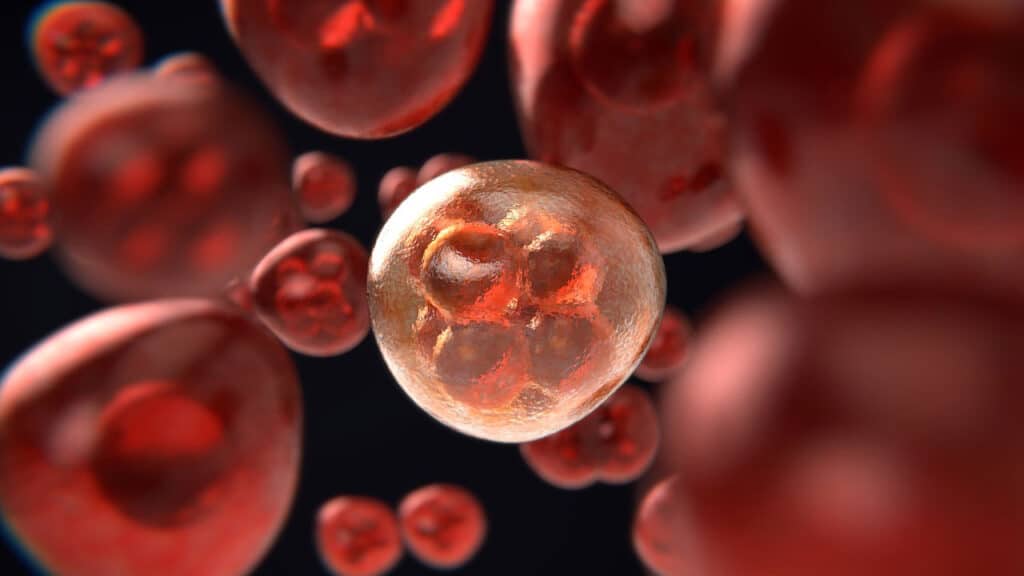You might only think of cholesterol as the fatty substance that blocks your blood vessels and causes lots of unpleasant health problems. Some of you might know that it’s also vital to several bodily processes. Hormones, vitamin D and bile acid all depend on cholesterol. It’s also essential to your cell membranes, particularly their fluidity and flexibility.
Everything living thing is made up of cells. They’re the basic unit of life. One human body contains trillions and trillions, each including a membrane that surrounds the inner cytoplasm. It’s the membrane’s job to protect the cell while also allowing important molecules to travel in and out.
We describe how resistant the membrane is with the term “membrane fluidity”. The membrane has to be flexible to allow different molecules through. As the degree of fluidity changes, so does the way the proteins and other molecules in the cell work. In short, it helps control some of our most basic biological functions.
So what does cholesterol have to do with this? Well, your cell membranes are about 30 percent cholesterol. It’s what builds them up, maintains them, and then adjusts the fluidity when necessary. Thanks to cholesterol, the cell membrane remains strong, but it is still flexible enough to allow change and movement.
Membrane fluidity is also heavily affected by temperature. When the temperature rises, the cholesterol pulls parts of the membrane closer together so it is more rigid. If the temperature goes back down, the cholesterol loosens the phospholipids in the membrane and it will become more fluid.
Temperature changes could cause the cell membrane to stop functioning properly. In these cases, cholesterol has a stabilizing effect. It means the cell continues working even when the surrounding circumstances change. It might be very technical biological stuff, but it’s very important.
So flexibility isn’t just something that applies to your joints. It’s any part of your body being able to move and adjust rather than staying fixed. It’s an essential part of being able to adapt to all the different situations your body might find itself in. And in the case of your cell membrane, it means that you need cholesterol to adjust to temperature changes and keep different molecules moving in and out of the cell.
Don’t just dismiss cholesterol because of all the warnings about its dangers. Take time to appreciate its uses as well.




